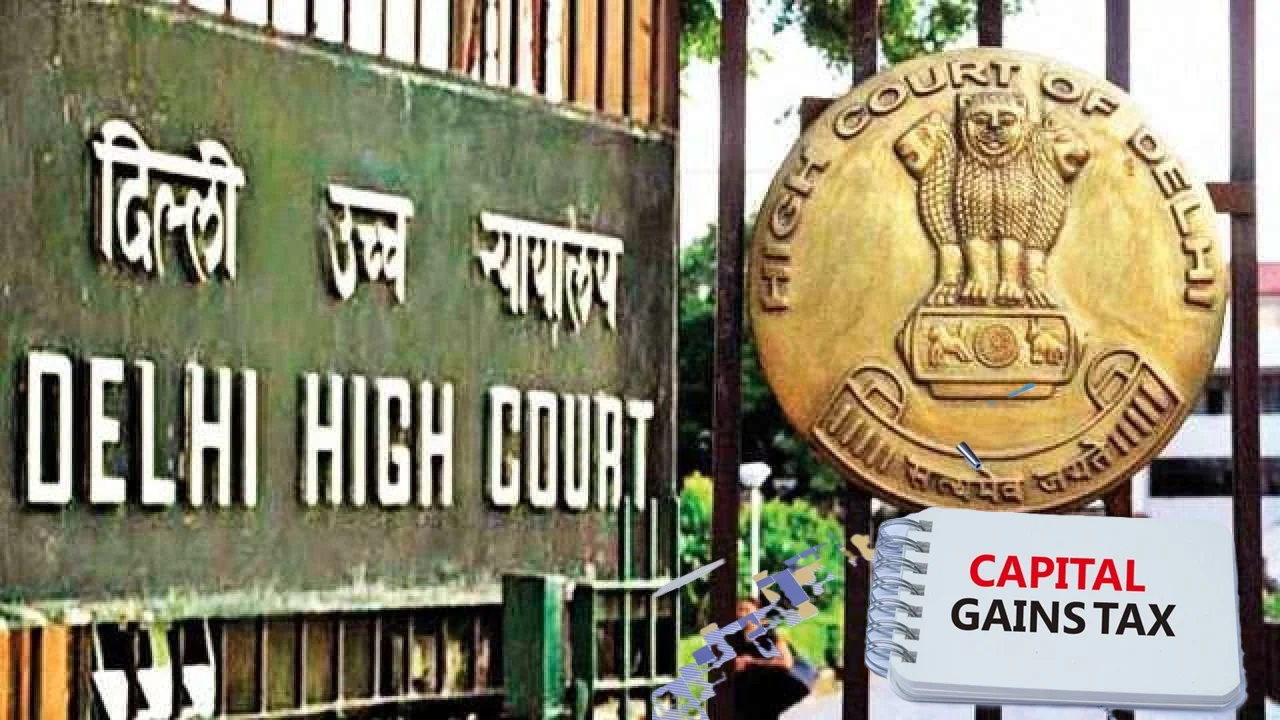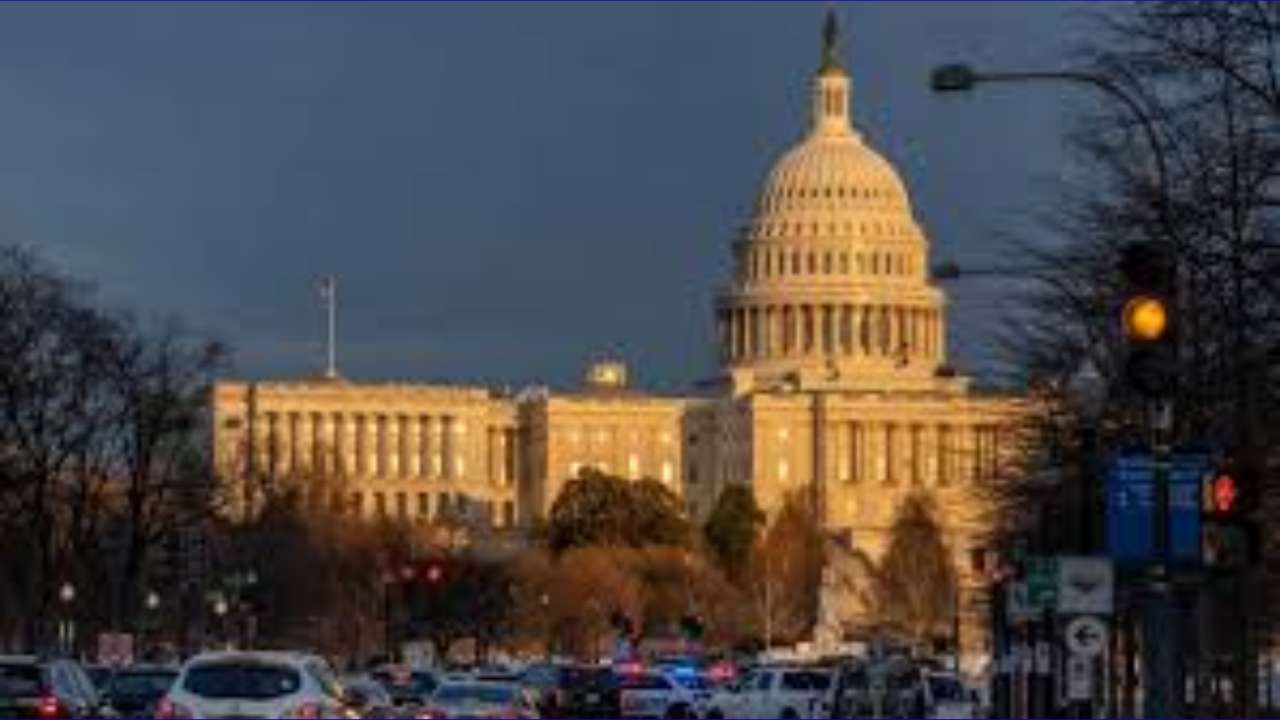NRI Wins Major Capital Gains Tax Case in Delhi High Court!
Thank you for reading this post, don't forget to subscribe!An NRI in the US faced a significant tax ordeal after selling a property in Pune for Rs 2 crore. Despite the buyer correctly deducting 20% TDS (Rs 18.68 lakh), a critical error in the TDS form plunged the NRI into a battle with the Income Tax Department, resulting in a Rs 46 lakh tax demand notice.
The root of the problem? The buyer mistakenly used Form 26QB (for Indian residents) instead of Form 27Q (for NRIs) to deposit the TDS. This seemingly small error meant the TDS amount never appeared in the NRI’s Annual Information Statement (AIS), preventing him from claiming the credit when filing his Income Tax Return (ITR).
Compounding the issue, the Income Tax Department, unaware of the actual TDS payment, issued a tax demand notice for Rs 46 lakh, assuming no capital gains tax was paid. While the NRI had already paid an advance tax of Rs 1.9 lakh (which was reflected in his AIS), he was caught in a bureaucratic bind: facing a massive demand on one side and unable to claim credit for tax already paid on the other. Even the buyer’s efforts to correct the form with the bank were slow-moving, and the Income Tax Department cited procedural hurdles, including needing the buyer’s consent and an indemnity bond, to fix the issue on their end.
The Battle for Justice: A Timeline
Here’s how the saga unfolded, leading to the Delhi High Court’s intervention:
- 1998: NRI purchases property in Pune.
- March 18, 2015: NRI agrees to sell property for Rs 2 crore.
- September 5, 2015: Buyer deducts 20% TDS (Rs 18.68 lakh) and pays the remaining amount to the NRI.
- October 27, 2015: NRI pays Rs 1.9 lakh as advance tax and repatriates funds to the USA.
- March 4, 2023: Income Tax Officer issues notice under Section 148(b) (income escaped assessment).
- April 15, 2023: NRI provides details, but the officer proceeds with a notice under Section 148A(d).
- October 30, 2024: Another notice under Section 142 seeking documents is issued; NRI complies.
- March 4, 2025: Income Tax Officer issues a proposed assessment order with a Rs 46 lakh tax demand and initiates penalty proceedings.
- March 2025: NRI files a detailed reply, highlighting the TDS form error.
- NRI directly appeals to the Delhi High Court.
Income Tax Department’s Stance and High Court’s Verdict
In court, the Income Tax Department argued their inability to correct the error was due to SOPs requiring buyer consent and other documents. When pressed by the Delhi High Court on why buyer consent was needed if the TDS deposit wasn’t disputed, the department stated it was to prevent the buyer from trying to recover the amount. Crucially, they admitted there was “no dispute as to the deposit of the TDS.”
On May 27, 2025, the Delhi High Court delivered a landmark judgment. Recognizing the “peculiar facts” and the undisputed payment, the court ordered the Income Tax Department to:
- Immediately reflect the full Rs 18.68 lakh TDS credit under the NRI’s PAN, effective from the original deposit date.
- Compute any tax refund due to the NRI.
- Set aside all contradictory orders and communications.
This ruling is a significant victory for the NRI, ensuring he receives credit for tax already paid and is not unjustly penalized for a third-party’s clerical error. It underscores the judiciary’s role in ensuring fair treatment for taxpayers, especially when procedural rigidities hinder justice.
















